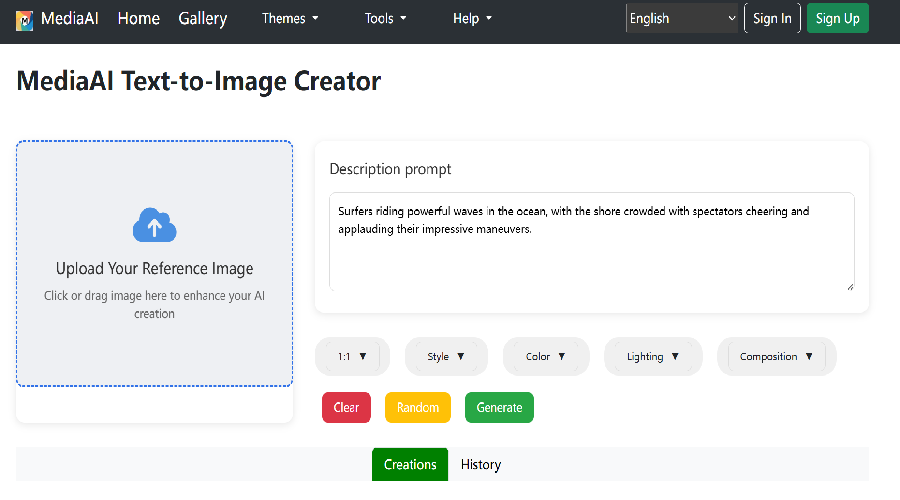How to Convert Photo Portrait to Landscape: A Complete Guide
Introduction
Converting a portrait photo to landscape format is a common challenge faced by photographers, designers, and content creators. Whether you need to adapt an image for a specific platform, improve composition, or simply change the orientation for aesthetic reasons, understanding the techniques involved is essential. This guide explores various methods to convert portrait to landscape photos while maintaining quality and visual appeal.
Why Convert Portrait to Landscape?
There are several reasons why you might need to convert a portrait-oriented photo to landscape:

- Platform requirements (e.g., social media, websites)
- Printing needs for different formats
- Creative composition adjustments
- Consistency in photo galleries or portfolios
For more inspiration on photo composition, check out our gallery page featuring various orientation examples.
Methods for Converting Portrait to Landscape
1. Cropping Technique
The simplest method is cropping the image to change its aspect ratio. Most photo editing software like Adobe Photoshop or free alternatives like GIMP offer cropping tools. However, this approach may result in losing important parts of your image.
2. Content-Aware Fill
Advanced software can intelligently extend the background using content-aware technology. This method works best when:
- The subject is centered
- The background has simple patterns
- You need minimal extension
3. AI-Powered Conversion
Modern AI tools like those featured on our AI photo restoration page can analyze and intelligently transform portrait photos to landscape format while preserving important elements.
Best Practices for Quality Conversion
To achieve the best results when converting portrait to landscape photos:
- Always work with high-resolution originals
- Maintain proper aspect ratios (16:9, 4:3, etc.)
- Preserve the subject's proportions
- Consider the final usage (print vs. digital)
For professional results, you might want to explore our photo enhancer tools that can help refine your converted images.
Common Challenges and Solutions

Problem: Distorted Subjects
Solution: Use constrained transformation tools and always check the final proportions. AI tools can help maintain natural-looking results.

Problem: Lost Image Quality
Solution: Start with high-resolution images and use lossless editing formats like TIFF or PSD during the conversion process.
Problem: Awkward Empty Spaces
Solution: Consider adding subtle background elements or using blur effects to fill empty areas naturally.
Conclusion
Converting portrait photos to landscape format requires careful consideration of techniques and tools. Whether you choose traditional cropping, content-aware methods, or advanced AI solutions, the key is to maintain image quality and composition integrity. For more advanced photo editing techniques, visit our blog where we regularly share professional tips and tutorials.
Remember that practice makes perfect - the more you work with different conversion methods, the better you'll become at selecting the right approach for each specific image.